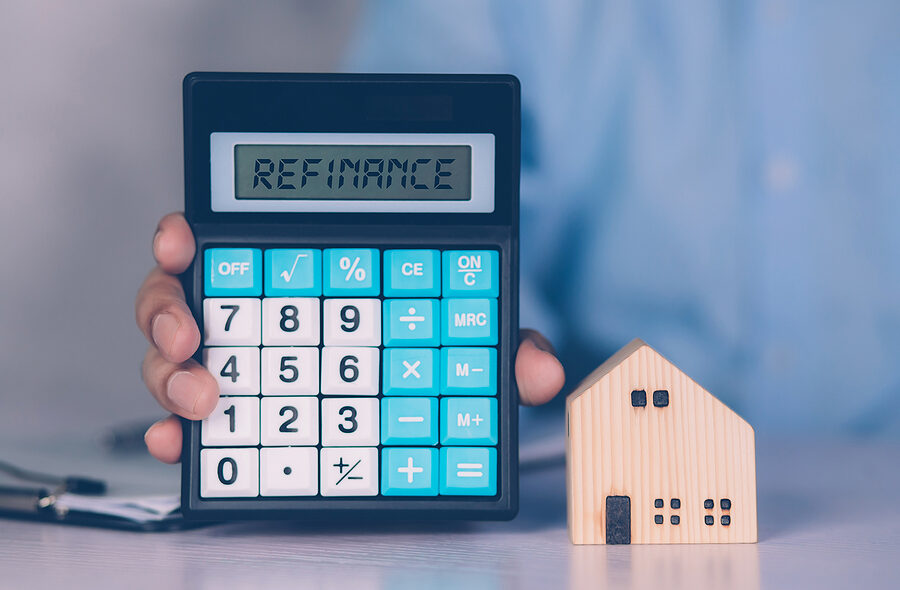One of the biggest fears expressed by bankruptcy filers is how a bankruptcy case will affect their ability to receive financing in the future. While having a bankruptcy on a person’s credit report can make it more difficult to qualify for a mortgage, it is possible for someone who has completed bankruptcy to refinance his or her mortgage after the case is successfully closed.
A number of factors can influence how easy it is to refinance after bankruptcy, including the type of bankruptcy, whether it be a Chapter 7 or Chapter 13 bankruptcy. The type of mortgage loan that the borrower is looking to refinance can also heavily influence this.
A Chapter 7 bankruptcy will remain on a consumer’s credit report longer than a Chapter 13 bankruptcy filing. A Chapter 7 case will remain on the consumer’s credit report for ten years, while a Chapter 13 case remains on the person’s credit report for seven years after filing.
Different types of mortgages have different minimum waiting periods to apply for refinancing after bankruptcy discharge, depending on the type of chapter filed. For a Chapter 7 bankruptcy case, the consumer must wait a minimum of two years to refinance a FHA or VA loan, three years for a USDA loan, and four years for a conventional mortgage. For a consumer who filed Chapter 13 bankruptcy, he or she must wait a minimum of only one day post discharge to refinance an FHA or VA loan. For a conventional mortgage, the consumer will need to wait a minimum of two years to refinance.
Many borrowers find a Chapter 13 bankruptcy case to be beneficial if they intend to stay in their home. A Chapter 13 case will stop foreclosure proceedings, allowing the borrower to catch up on missed mortgage payments during the three-to-five-year repayment period.
Several benefits exist for refinancing a mortgage after a bankruptcy case is closed. Refinancing can allow the consumer to structure the monthly payment to a lower and more manageable amount, something that is much easier for the consumer to fit into his or her budget. Additionally, refinancing a mortgage can allow the consumer to take advantage of lower interest rates, which would lower the payments made over the life of the loan. If the consumer has an adjustable-rate mortgage, refinancing can allow him or her to switch to a fixed interest rate, giving the borrower more stability and structure in monthly payments.
Please click here to read more.
If you have questions on this topic or are in financial crisis and considering filing for bankruptcy, contact an experienced Miami bankruptcy attorney who can advise you of all of your options. As an experienced CPA as well as a proven bankruptcy lawyer, Timothy Kingcade knows how to help clients take full advantage of the bankruptcy laws to protect their assets and get successful results. Since 1996 Kingcade Garcia McMaken has been helping people from all walks of life build a better tomorrow. Our attorneys’ help thousands of people every year take advantage of their rights under bankruptcy protection to restart, rebuild and recover. The day you hire our firm, we will contact your creditors to stop the harassment. You can also find useful consumer information on the Kingcade Garcia McMaken website at www.miamibankruptcy.com.

